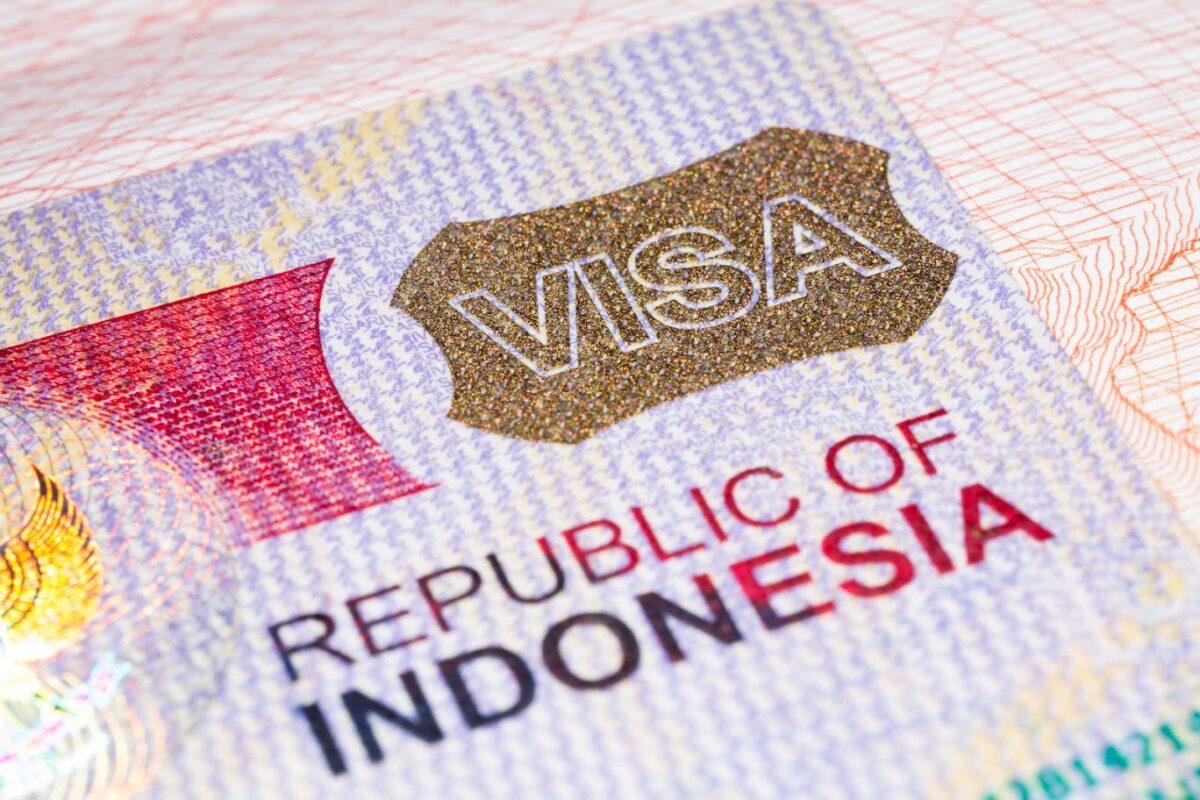When you’re dealing with legal matters in a foreign country, choosing the right translation service is crucial. In Bali, where both locals and expatriates coexist, understanding the language of legal documents can often be the key to ensuring smooth business transactions, personal matters, and compliance with regulations. Bali Legals provides professional translation services that ensure accuracy, confidentiality, and legal compliance. Here’s why Bali Legals should be your go-to choice for translation services in Bali.
1. Expertise in Legal Translation
Unlike standard translation services, legal translation requires a deep understanding of legal terminology and nuances. Bali Legals specialises in translating legal documents, such as contracts, agreements, permits, court filings, and more. Our team of certified translators has expertise in both Bahasa Indonesia and other languages, ensuring that every word is translated precisely and in line with the original legal intent.
Legal language can be complex, with specific terms that may not have direct equivalents in another language. Bali Legals ensures that these subtleties are captured, making your documents legally binding and accurate. Whether you need a translation for business, immigration, or personal matters, we provide a level of expertise that general translators simply cannot match.
2. Cultural Understanding and Local Knowledge
In addition to language fluency, legal translation requires a solid understanding of local customs, laws, and regulations. Bali Legals’ translators are not only proficient in multiple languages but are also familiar with the cultural and legal landscape in Bali and Indonesia. This local knowledge is essential when translating legal documents that might require additional context or adjustments based on regional laws.
Whether you’re dealing with property contracts, marriage certificates, or local regulations, Bali Legals ensures that your documents comply with Indonesian law and cultural expectations, eliminating the risk of misunderstandings or non-compliance.
3. Confidentiality and Professionalism
When handling legal matters, confidentiality is paramount. Bali Legals understands the sensitive nature of legal documents, and our team adheres to the highest standards of confidentiality. We ensure that all information remains secure and is only used for its intended purpose.
Furthermore, Bali Legals provides a professional and reliable service, working within the timeline that suits your needs. Whether you’re dealing with urgent legal situations or planning ahead, our team can accommodate a variety of requests while maintaining the utmost professionalism.
4. Wide Range of Translation Services
Bali Legals offers a broad spectrum of translation services tailored to meet the needs of both individuals and businesses in Bali. Our services include but are not limited to:
- Business Documents: Contracts, terms and conditions, agreements, and other legal business documents.
- Immigration Documents: Visas, residency permits, work permits, and other legal paperwork.
- Personal Documents: Birth certificates, marriage certificates, diplomas, and more.
- Court Translations: Translations of court filings, legal hearings, or testimony documents.
Whatever your legal translation needs are, Bali Legals can help ensure that your documents are accurate, timely, and legally valid.
5. Fast and Reliable Service
Bali Legals prides itself on delivering high-quality translations quickly and reliably. Legal matters often require urgent attention, and Bali Legals understands the importance of timely service. We offer fast turnaround times, even for large and complex legal documents, while maintaining the quality and accuracy of the translation. You can rest assured knowing your documents will be handled promptly and professionally.
6. Affordable and Transparent Pricing
Legal translation services can sometimes come with high fees, but Bali Legals is committed to providing transparent and competitive pricing. We offer clear pricing structures based on the type and complexity of the document, with no hidden fees. This makes our services accessible for both individuals and businesses in Bali, without the worry of unexpected costs.
7. Dedicated Customer Support
Bali Legals understands the importance of clear communication, especially when dealing with legal translations. We offer excellent customer support, ensuring that you can reach out with any questions, concerns, or revisions you may need. Our team is available to provide guidance and answer any inquiries throughout the translation process, giving you peace of mind and confidence in their services.
8. Trusted by Expats and Locals Alike
Bali Legals has built a reputation as a trusted translation service for both expats and locals in Bali. With our experience and commitment to quality, we have earned the confidence of individuals and businesses who rely on accurate legal translations to navigate the complexities of Indonesian law.
For translation services in Bali, please contact us.
Please follow our Facebook page and Instagram account for all the latest news and information.
See our Google Reviews.





